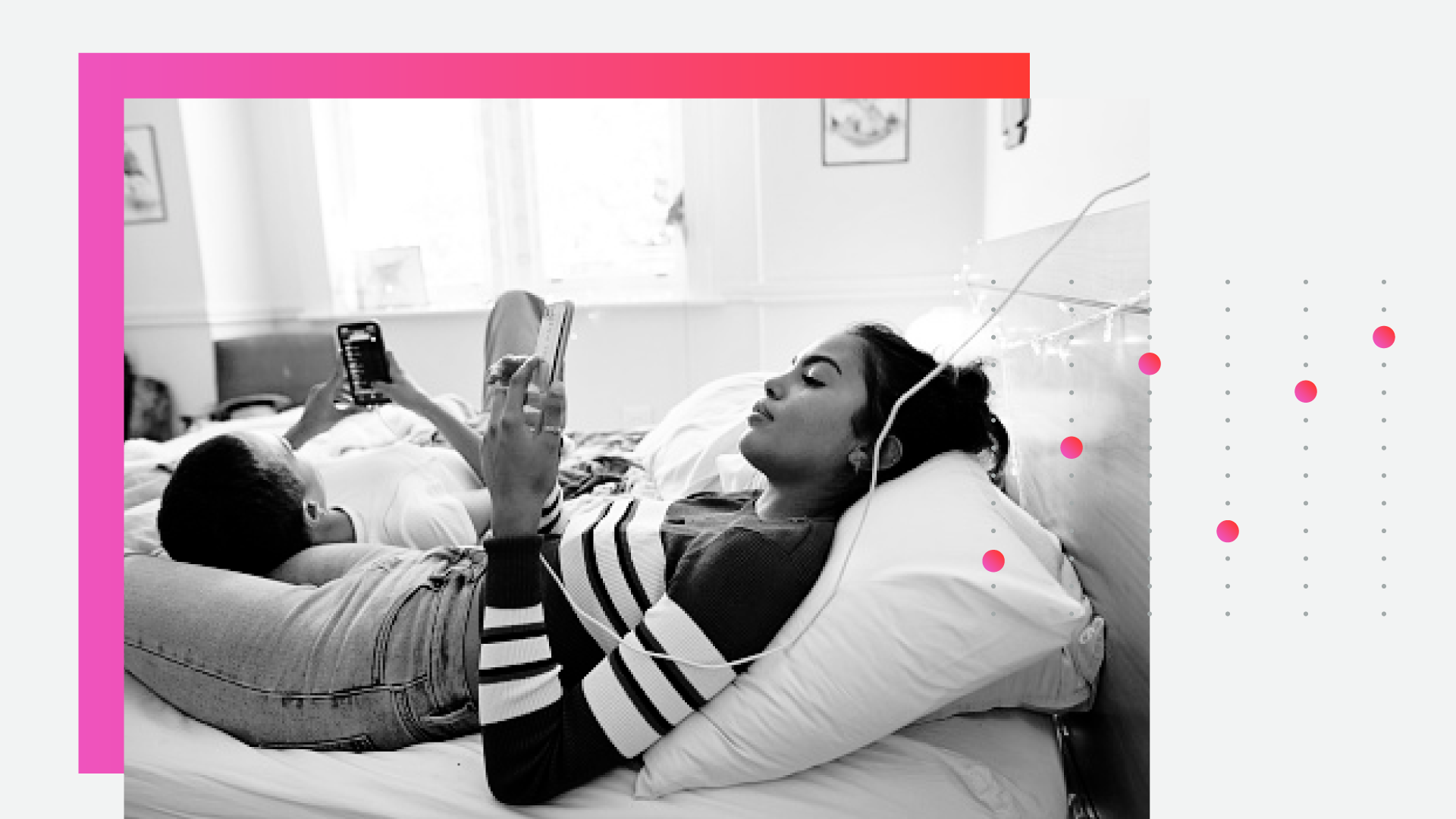Passive Scrolling, Instead of Posting, Is the Norm On Social Media Now

Key Takeaways
- Roughly one-third of all social media users report posting less on their preferred platform compared with last year, with nearly twice as many of them saying they go online to be entertained as to post.
- Republicans, millennials and men are the most likely to say they still post on their favorite social media platform at least daily, while Gen Z adults, who famously spend more time online than any other demographic, are among the least likely to do the same.
- Social media’s original ambition might have been to serve as a digital town square, but Morning Consult’s data shows that it is increasingly becoming a form of passive entertainment produced by a select few. As such, brands need to rethink how they show up across platforms, particularly when the goal is to drive organic buzz.
Data Downloads
Pro+ subscribers are able to download the datasets that underpin Morning Consult Pro's reports and analysis. Contact us to get access.
It's no secret that America's social media ecosystem is in a prolonged moment of upheaval.
But beyond high-profile political dilemmas and CEO about-faces lies an even more consequential development: the habits of social media users are changing. More and more, users view social media as entertainment rather than as a medium to proactively share their own thoughts, opinions and experiences.
New Morning Consult data quantifies the extent to which this is happening across several key user groups.
To post or not to post?
We asked social media users how often they post on their preferred platforms compared to one year ago. While a plurality (46%) said “the same,” the share who said “less often” was sizable, notably higher than the share who said “more often” (28% and 21%, respectively) and remarkably consistent across most demographics.
Roughly one-third of social media users have cut back on posting

With 44% of U.S. adults reporting six hours or more hours of screen time per day, it’s clear that users aren’t posting less on account of simply logging off.
So, what are they doing instead? Our data points to the embrace of a more passive online experience.
Roughly 3 in 5 (57%) social media users said they use social media for entertainment at least once a day, nearly double the share of those who said the same about posting (33%). The pattern was even more pronounced among Gen Zers: 74% said they use social media to be entertained; just 31% do so to post. These findings are consistent with additional Morning Consult research from both 2023 and 2024, suggesting that idle scrolling is now the default online behavior.
Posting frequencies diverge along demographic lines
The only groups for which the shares who said they are now posting “more often” outpaced “less often” were men, millennials and Republicans. Coincidentally, these groups are also most likely to report posting on social media at least once a day.
Republicans' emergence as the posters du jour is particularly interesting. Conventional wisdom long extolled Democrats as much more online (and digitally savvy) than their Republican counterparts. However, that narrative has shifted in recent months and years, thanks in large part to Donald Trump's political comeback, which successfully tapped a network of young, mostly male content creators to court young, also mostly male voters.
The prolific nature of this online offensive has since resulted in a national political environment that is much more tolerant of — and often even friendly toward — the current Trump administration and conservative ideas generally. As such, Republicans likely feel more empowered than ever to express their thoughts and opinions. (Of course, it doesn't hurt that most of the major social platforms have embraced right-leaning policies as of late, too).
Republicans, millennials and men are the biggest daily social media posters

An opposite yet equally interesting phenomenon is the emergence of young people as reluctant posters. Of the 10 demographics we explored, Gen Z adults (alongside Independents) were the least likely (18%) to say that they post on their favorite social platform at least once a day.
It’s a confounding finding for a generation that idolizes influencers and so frequently gets hailed (including by us) as “extremely online.” But additional Morning Consult research suggests that this intimacy with the internet may also be working against them: Our most recent Gen Z report found that the young cohort is much more likely than all U.S. adults to have their mood and self-image negatively impacted from the feedback they receive on social media posts.
What a posting slowdown means
A weakening desire to post, especially among the youngest and most sought-after users, has significant implications for platforms and consumer brands alike.
The former will have to keep competing to inspire user engagement through big-budget ad campaigns focused on creativity and the development of new features that make already popular social media behaviors — like sharing content with friends via direct messages — easier and more fun.
Meanwhile, the situation is perhaps even trickier for the latter. Fewer posts by casual users mean feeds are now increasingly populated by sponsored content, whether from brand or influencer accounts. And while this may mean more reach, it also means that it's harder than ever to stand out. Case in point: A separate question in our survey found that more than half (52%) of U.S. adults said the content they see on social media "always" or "often" feels "repetitive and tiresome."
To break through sponcon noise in a mindful manner, brands should consider doing away with the opulence that has come to characterize so much influencer marketing and instead focus their efforts on the practical highlighting of products or services, something that butter brand Kerrygold has very effectively succeeded in doing recently.
Like any physical place, the contours of the internet are always changing. Different types of people dominate discourse on different platforms at different times. It’s the job of brand marketers to monitor these changes and ensure that any shared content is relevant to the moment — in both topic and tone.
Ellyn Briggs is a brands analyst on the Industry Intelligence team, where she conducts research, authors analyst notes and advises brand and marketing leaders on how to apply insights to make better business decisions. Prior to joining Morning Consult, Ellyn worked as a market researcher and brand strategist in both agency and in-house settings. She graduated from American University with a bachelor’s degree in finance. For speaking opportunities and booking requests, please email [email protected].


